Less than 24 hours after formally accepting a U.S.-backed ceasefire proposal for Gaza, Hamas now says it is still “reviewing” the plan, raising uncertainty over the implementation of a truce aimed at halting months of devastating conflict.
The initial breakthrough came Thursday, when the White House confirmed that both Israel and Hamas had agreed in principle to a 60-day ceasefire proposal, supported by Egypt and Qatar, and personally backed by U.S. President Donald Trump. The plan includes a phased hostage-prisoner exchange, as well as the immediate entry of humanitarian aid into Gaza.
Under the terms:
- Hamas would release 28 Israeli hostages, both living and deceased, during the first week.
- Israel would release 125 Palestinian prisoners, including some serving life sentences, and return the remains of 180 Palestinians.
- The final 30 hostages held in Gaza would be freed once a permanent ceasefire is agreed upon.
However, despite the apparent agreement, Hamas officials have now walked back their position, claiming they are still evaluating the details of the proposal.
In a Friday statement, senior Hamas figure Basem Naim accused Israel of using the ceasefire to “entrench occupation and prolong suffering,” but acknowledged the group was conducting a “thorough and responsible review” of the plan.
Further skepticism came from Hamas spokesperson Sami Abu Zuhri, who told Yemen’s Al-Masirah outlet that the Israeli proposal received “did not reflect what was previously agreed with the American mediator.” He said key Hamas demands — including a guaranteed Israeli withdrawal from Gaza, unrestricted aid access, and clarity on post-ceasefire terms — were absent from the document.
Meanwhile, the U.S. administration remains cautiously optimistic, with State Department spokesperson Tammy Bruce stating, “We do believe that it has some significant promise.”
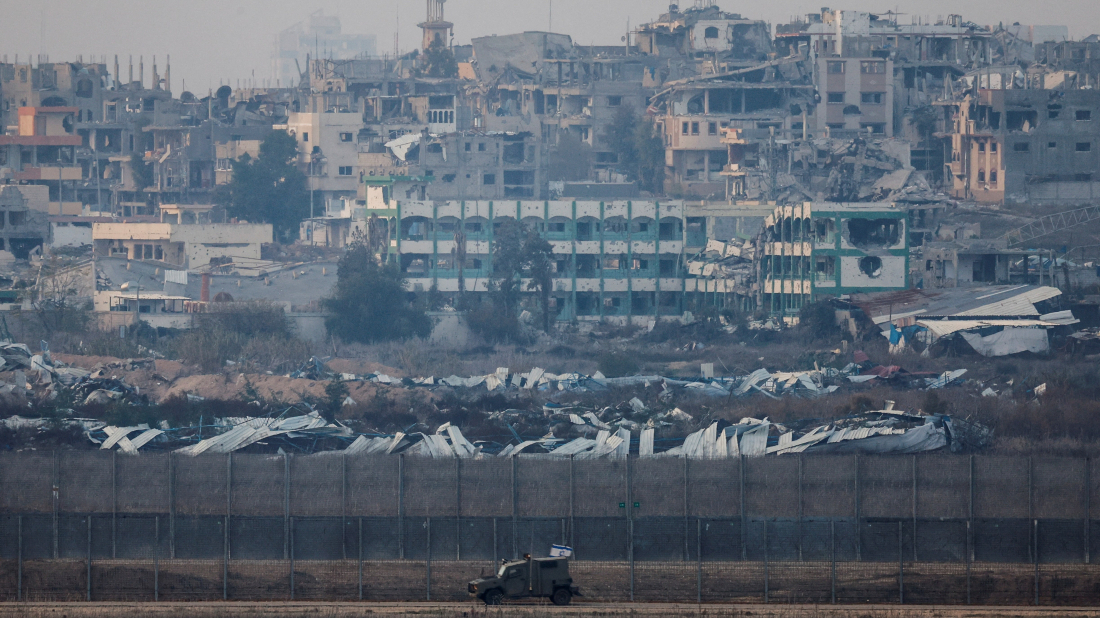
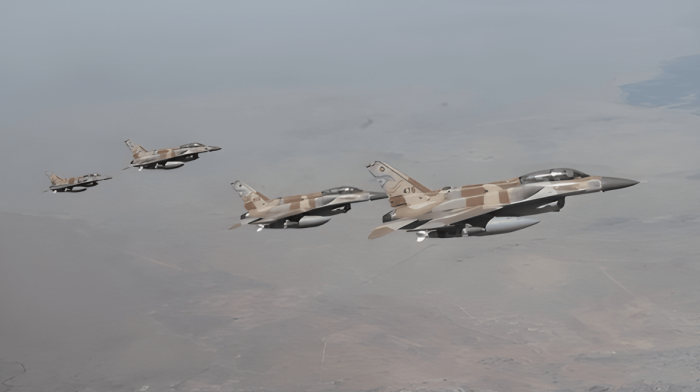
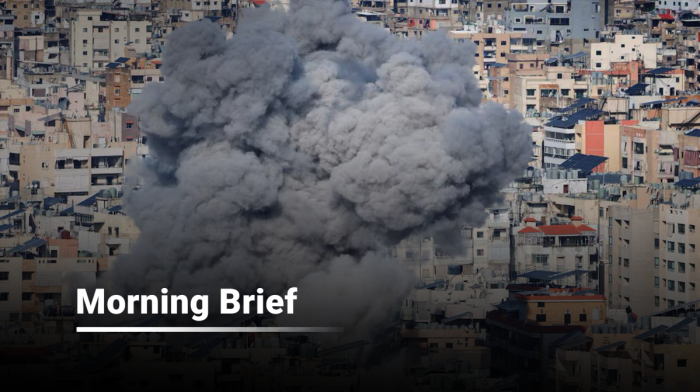
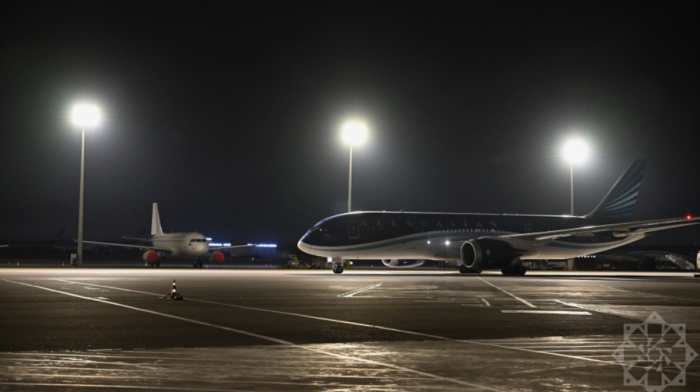
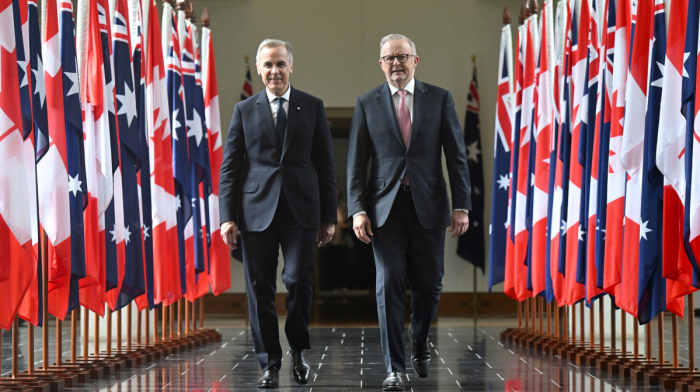


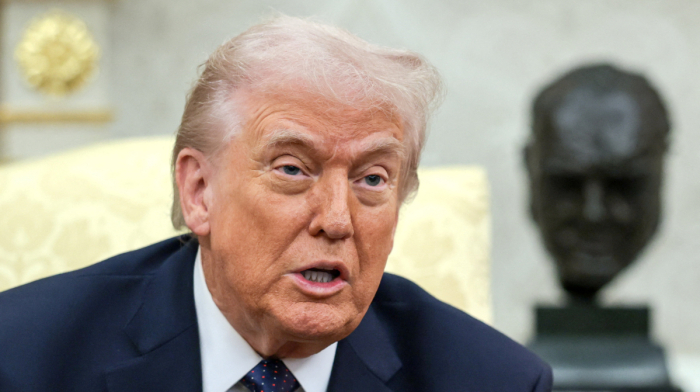

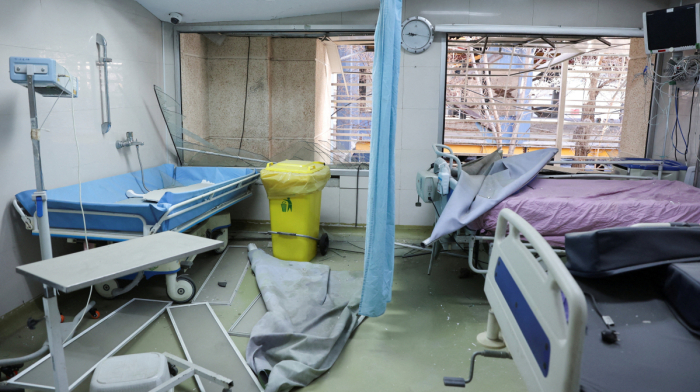
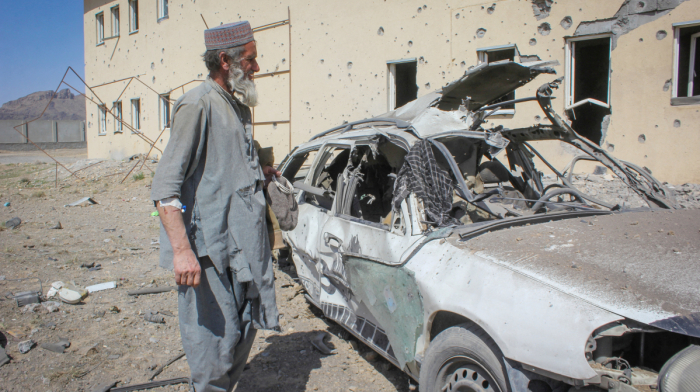
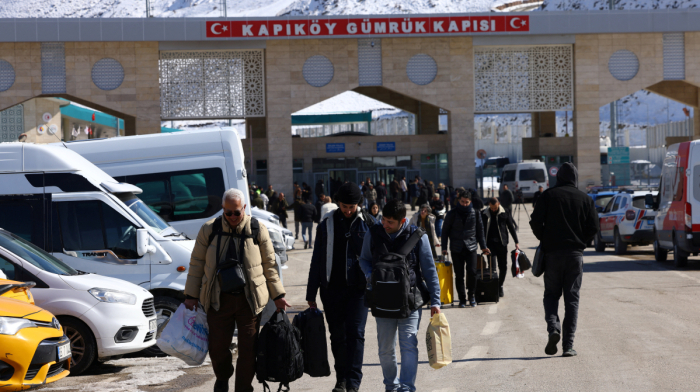

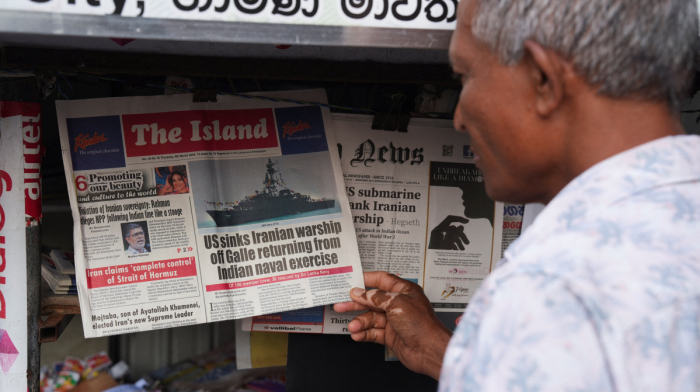




What is your opinion on this topic?
Leave the first comment